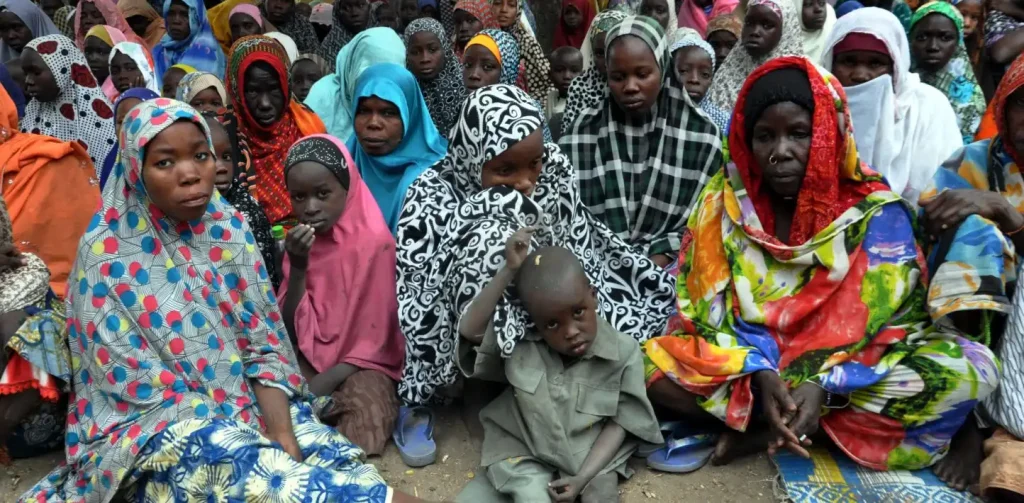Jihadists from the Islamic State in the Greater Sahara (ISGS) attacked Tchoma Bangou and Zaroumadareye villages in Niger’s Tillabéri region, killing 105 civilians—73 in Tchoma Bangou and 32 in Zaroumadareye—per UNHCR.
The massacre followed villagers’ killing of two ISGS militants extorting zakat, a tax imposed by jihadists, per RFI.
Attackers on motorbikes burned millet fields and granaries, with some victims burned alive, per survivor Abdelkarim’s account to AFP.
ISGS vs. GSIM Dynamics
Sahel expert Niagalé Bagayoko noted two main jihadist groups in western Niger: ISGS, linked to Islamic State’s West Africa Province, and Al Qaeda-affiliated GSIM (JNIM).
ISGS’s brutal civilian attacks contrast with GSIM’s focus on foreign forces, like MINUSMA and French troops, per. GSIM denied involvement in the massacre, per Bagayoko. The groups’ rivalry, ongoing since 2020, fuels violence in the Mali-Niger-Burkina Faso tri-border, per.
Government and Humanitarian Response
President Mahamadou Issoufou deployed troops to Tillabéri post-attack, but villagers reported brief military presence left them vulnerable, per New York Times. A government forum in Ouallam with local leaders promised aid, including food and psychological care, per UNHCR’s Jean-Sébastien Josset. The attack displaced 10,000 people, adding to 150,000 IDPs in Tillabéri, per. By August 2021, insecurity persisted, with 37 killed in Darey-Daye, per.
Broader Sahel Insurgency
The massacre reflects the Sahel’s escalating jihadist crisis, with 2,000 civilian deaths in 2022, a 50% rise from 2021, per. Weak governance, coups (Niger’s 2023 coup, per), and MINUSMA’s 2023 withdrawal worsened instability, per. ISGS, led by Adnan Abu Walid al-Sahrawy until his 2021 death, exploited ethnic tensions, targeting Djerma while recruiting Fulani, per. Arms from Libya’s 2011 collapse fueled the insurgency, per.
Critical Analysis
The Nigerien military’s reactive deployments failed to address root causes like poverty (70% below $2.15/day, per World Bank) and ethnic marginalization, per. Arming locals, as suggested, risks fueling groups like Burkina Faso’s Koglweogo, linked to civilian abuses, per. ISGS’s mobility on motorbikes outpaces static defenses, per. France’s Operation Barkhane, ending in 2022, and MINUSMA’s limited mandate left gaps filled by Wagner Group, accused of 2022 civilian killings, per. Niger’s 2021 election of Mohamed Bazoum did little to curb violence, per.
Path Forward
Niger needs sustained security in Tillabéri, with 5,000-strong Sahel Alliance forces proposed in 2025, per. Community dialogues, like Ouallam’s, must address ethnic grievances, as Fulani-Djerma clashes persist, per. ECOWAS and UN aid, underfunded at $1.6 billion for 2021, should prioritize IDP camps, per UNHCR. Disrupting ISGS’s funding—gold mining and kidnapping, per—requires regional cooperation. Without governance reforms, jihadist expansion threatens Benin and Togo, per.






